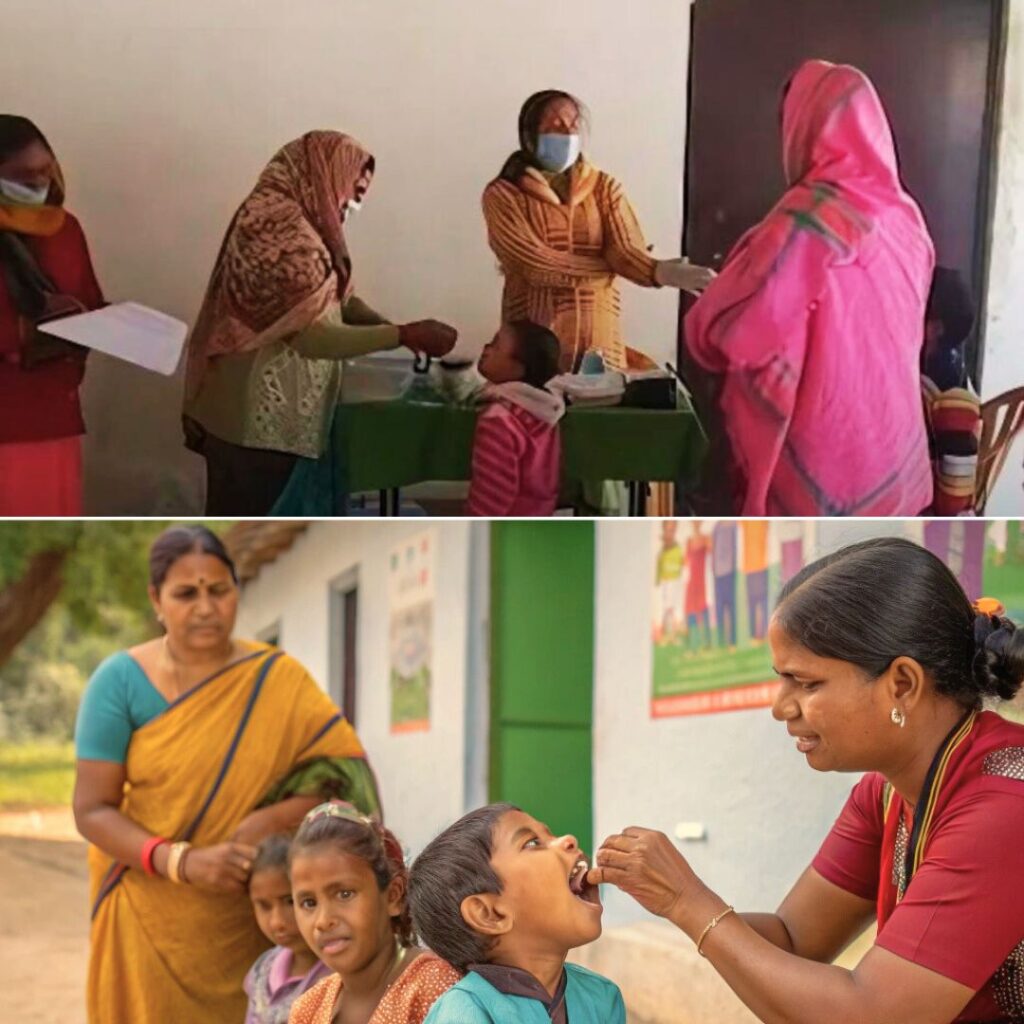When success comes knocking, we say it with sweets; no celebration is complete without a scrumptious feast; no medium of love as effective as a mouth-watering meal by the traditional wife or mother. But all that may change if the lifestyle trends of the population continue, for India stands to be the ‘Diabetes Capital of the World’: According to WHO estimates, about 50.9 million people in India suffer from diabetes, and this figure is likely to go up to 80 million by 2025.
Diabetes, Sugar, hyperglycemia, however you know it, is a lifelong illness that affects our body’s ability to utilize the energy derived from food. The human body breaks down carbohydrates into a simple sugar, glucose, which acts as fuel for the body’s cells. A naturally-produced hormone called insulin is necessary for the cells to take up this glucose from the bloodstream. People with diabetes either do not produce enough insulin, cannot use the insulin produced, or both. Hence, the unused glucose builds up in the blood, and in high levels can damage tiny blood vessels of the kidneys, heart, eyes or nervous system. The accumulated glucose also decreases the body’s ability to fight microorganisms like bacteria and serve as a suitable environment for them to flourish in, increasing risk of infections.
It can arise due to multiple reasons. For some, it runs in the family and Indians also fall into the high-risk category ethnicity. Some people get it because of an auto-immune process where the body starts attacking its own insulin-producing cells. Few may get it following diseases of the pancreas, the organ responsible for insulin production and release. But the most common reason for India’s alarming rise in diabetics is a combination of sedentary lifestyle, bad nutrition and chronic stress. Too many of us are stuck indoors with no physical activity all day, conveniently gorging on oil-dripping, sugar-infused, fast food, or stressed out on a daily basis by everything from deadlines to relationships and future plans.
This has led to the increased incidence of diabetes at younger ages. At this rate, the next generation might even be the first to have a lower life expectancy than the parent generation! Add to that the high risk of developing blindness, renal failure, heart problems and ulcers requiring limb amputations in late diagnoses and uncontrolled disease, and even those who live into old age are bound to face a lot of misery.
But all is not lost, as we can still do our part in preventing, or at least delaying, this scenario. Taking measures to eat well, play well and sleep well will go a long way. People, including children, should be educated regarding nutrition, exercise, stress management and early screening for diabetes. Those who are diagnosed with the illness can lead a near-normal life with proper treatment and glucose control. Every battle can be overcome with the right amount of fight, and this one is no exception.











